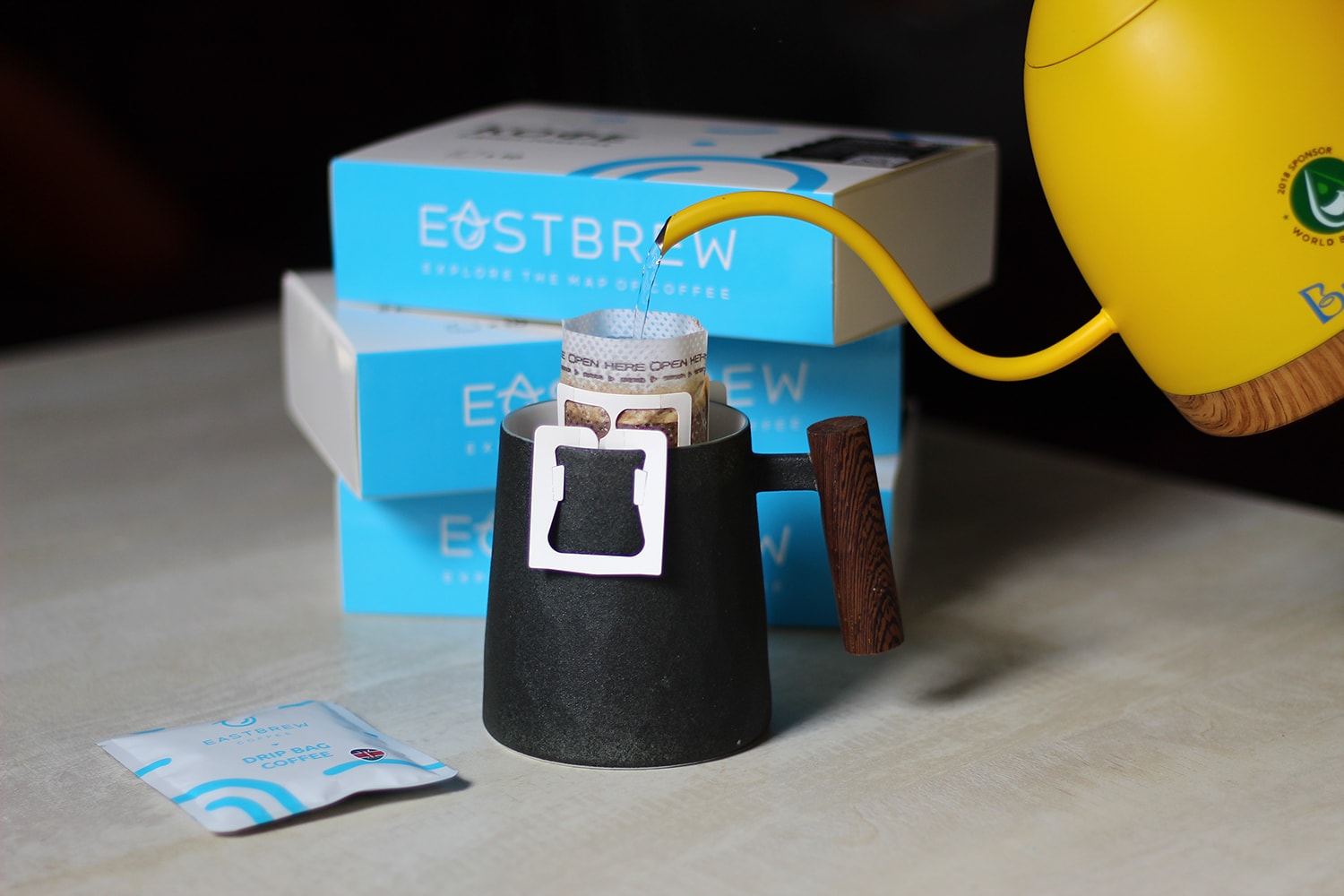Description

Coffee in drip bags from Ethiopia
Our coffee from the Single Origin line
~traditional, stable and recognizable coffee of fresh harvest, where terroir is in the first place ~
About coffee in drip bags
Coffee in drip bags is coffee that is always with you. It can be brewed in any conditions without tools and accessories at home, in the office and on a trip.
Ease of brewing, stability, repeatability of the result, convenience of storage - that's what makes drip bags an incredibly cool product. We made it even better: we do not skimp on raw materials (green coffee), we pack grain as fresh as possible in a modified gas environment, we do not spare the amount of coffee per cup and carefully select the recipe and profile for each variety.
This is the best way to share the love of coffee with a friend and tell the whole family about good coffee. Tested on yourself.

Reviews (1)
 Сергей
Сергей





































